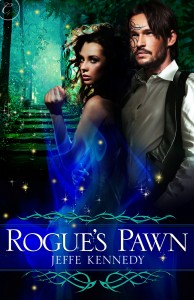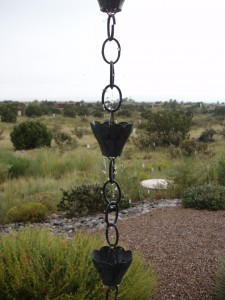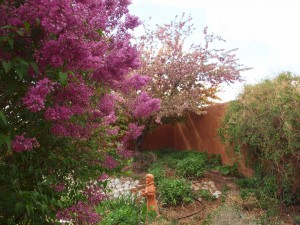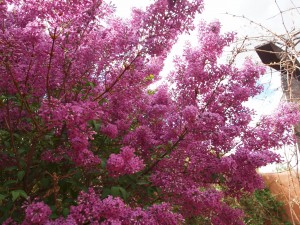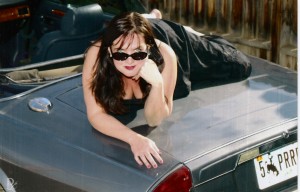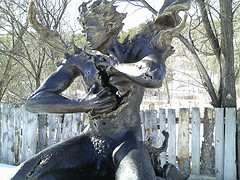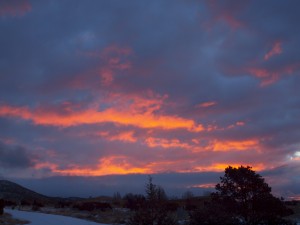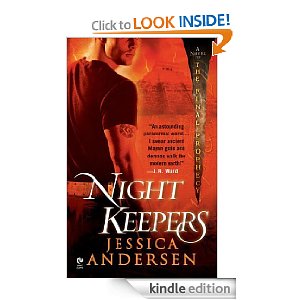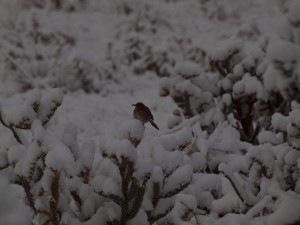 The conversation prompted by yesterday’s post on writing in multiple genres, both on the blog and elsewhere (sorry, some people ping me in other venues, rather than commenting – it’s all good to me), has gotten me thinking about genre.
The conversation prompted by yesterday’s post on writing in multiple genres, both on the blog and elsewhere (sorry, some people ping me in other venues, rather than commenting – it’s all good to me), has gotten me thinking about genre.
First of all, someone pointed out to me that Kris Rusch posted on a very similar theme yesterday, which is well worth reading. Essentially she agrees that it’s good for authors to write in multiple genres because it broadens audience. She also pointed to a workshop conducted by her husband, Dean Wesley Smith, on writing to genre and genre conventions. She kind of complains that only a few writers sign up for this every year, implying that this shows poor business sense.
On top of that, I’m cross-posting this to the Here Be Magic blog, because someone else wasn’t able to, and the theme this month is “Fantasy Romance Favorites.” For those of you not in the swim, fantasy romance is its own sub-genre now.
So I blithely agree to cross-post, then starting racking my brain for fantasy romance books. You’d think this would be easy for me, since Rogue’s Pawn, the novel I have coming out July 16 from Carina, is fantasy romance.
Heh. And yet – not so much.
See, if I’d taken that workshop from Dean Wesley Smith, I would have written the book to the genre I picked. I can see how this would make good business sense. I totally did not do this. I started out with a character. I knew she was a scientist and that she became a sorceress. There were seed images and feelings that I dreamed. The stuff with the bathing chamber deep underground and the Black Dog – all stuff I dreamed.
(I know very few of you have read it yet – soon, soon!)
I did *not* dream the genre. Nor did I decide, “oh! I’ll make this a fantasy romance, which means I need to follow this genre conventions.” No, I wrote the story and there ended up being this waltz of seduction with a manipulative Fae in the story and there were my romantic elements.
Did this method cause me problems? Of course it did! I can tell people it’s kind of like Jacqueline Carey and a bit like Anne Bishop, kind of like Diana Gabaldon and with hints of J.R. Ward. Which, if you have read those writers, probably sounds like a muddle.
Would it have made better business sense to take Smith’s workshop and get good at writing within genre conventions? Probably so.
And yet. I don’t wanna.
This might mean I will never be a hugely best-selling author. Today, I am at peace with that.
Categorizing books by genre help readers find what they want, but that way of defining is only one tool. As readers, we all know it doesn’t always work. How many times have you have to ask the person in the Big Box Bookstore where they shelved a particular author? When I was on my Laurell K Hamilton kick, I had to ask. They’d put her under Mystery. Okay. I’ve read numerous pieces speculating that Fifty Shades of Grey has hit this new audience so big because none of them know it’s a romance novel, much less “erotic romance with BDSM elements.” Young Adult (YA) didn’t even become a genre until recently. What were reading, those of us who were young readers in the 70s and 80s? Hard to say.
This is my problem as a reader, thinking about Fantasy Romance Favorites. Does Jacqueline Carey count? I bet not, because the romantic arc, while important, isn’t the main backbone of the stories. The ISBN has it under “Kings and rulers, succession,” which really amuses me.
What this comes down to for me is that the whole concept of genre is a construct. It’s not real. It’s about branding and marketing and expectations and easy sound bites, but it has nothing to do with the actual story.
And isn’t the story what it’s really all about?
